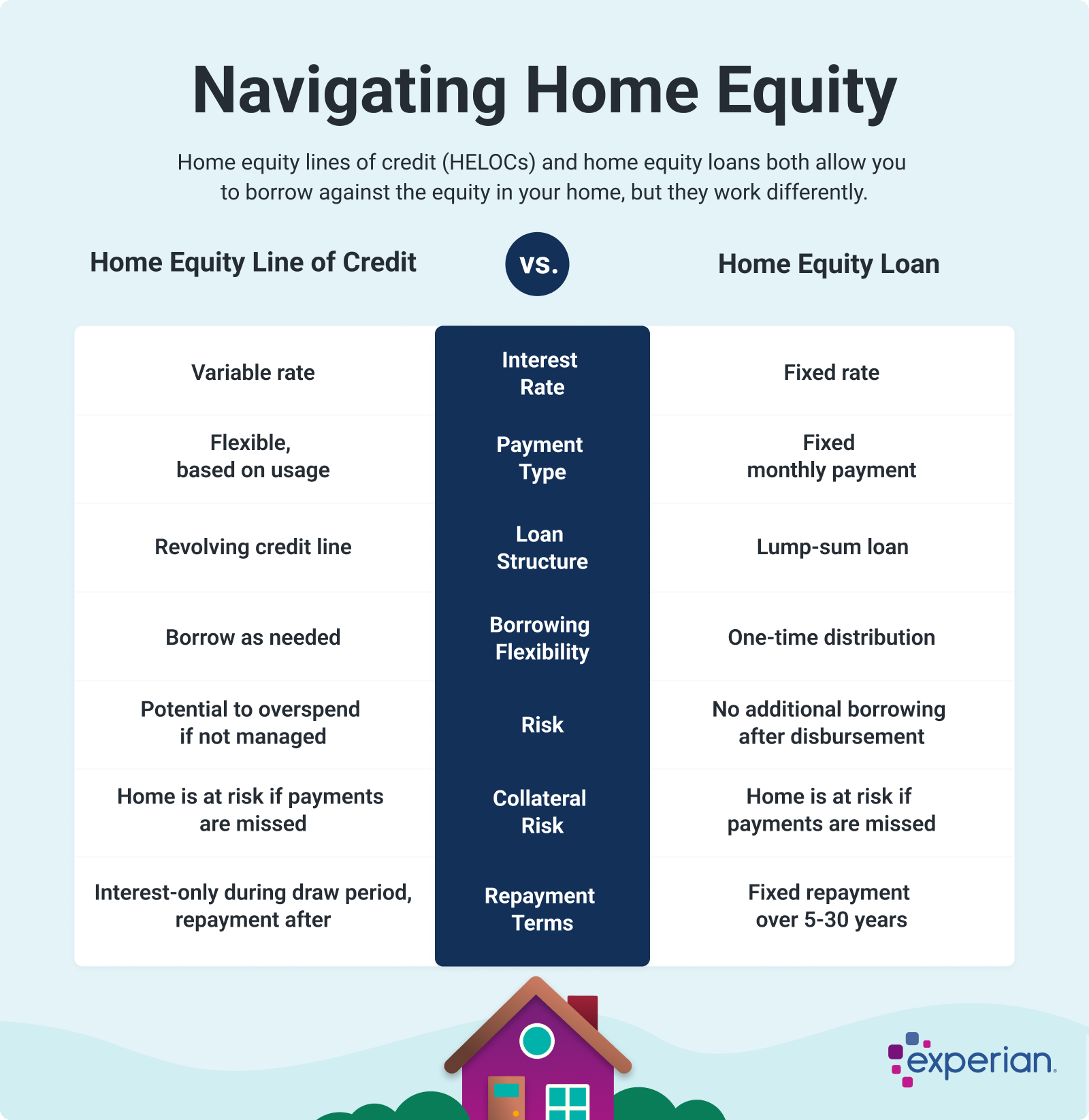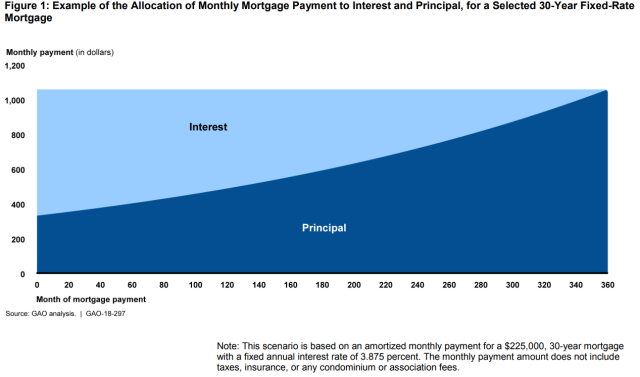What to Consider Before Getting Equity Release Mortgages
Wiki Article
Checking Out the Different Types of Equity Release Mortgages Available Today
Equity Release home mortgages existing various alternatives for home owners aged 55 and over. equity release mortgages. These monetary items cater to various needs and preferences, allowing people to gain access to funds from their building. From lifetime mortgages to common gratitude mortgages, each type provides distinctive advantages. Comprehending these options is important for making educated decisions. What factors should one take into consideration when choosing the most suitable equity Release strategy? The details that comply with may drop light on this crucial subjectComprehending Equity Release Mortgages
Equity Release mortgages give house owners, typically those aged 55 and over, with a method to access the worth connected up in their building without requiring to market it. This economic choice enables people to convert a section of their home equity right into cash money, which can be used for different objectives, such as home enhancements, paying off debts, or financing retirement.Equity Release can take various forms, yet it fundamentally includes loaning versus the worth of the home while maintaining possession. Property owners can select to obtain a lump sum or a series of smaller sized payments, depending on their monetary needs and preferences.Additionally, the amount available for Release is affected by the building's value, the homeowner's age, and particular lending institution standards. Overall, recognizing equity Release mortgages is necessary for house owners to make enlightened choices concerning taking advantage of their home's equity while thinking about the long-term effects.Life time Mortgages
Lifetime home mortgages stand for one of one of the most popular types of equity Release. This economic item allows property owners, typically aged 55 or older, to obtain versus the worth of their property while retaining ownership. The car loan, which is secured versus the home, accrues passion gradually yet does not need month-to-month payments. Rather, the funding and built up rate of interest are paid off when the home owner passes away or moves right into lasting care.Lifetime home mortgages supply flexibility, as customers can choose to obtain a round figure or go with a drawdown center, accessing funds as needed. Importantly, several plans included a no-negative-equity assurance, ensuring that borrowers will never owe greater than the worth of their home. This function offers assurance, allowing people to enjoy their retired life without the worry of depleting their estate. Generally, life time home loans serve as a sensible alternative for those looking for financial backing in later life.Home Reversion Plans

Drawdown Lifetime Mortgages
While many home owners seek ways to access their riches, drawdown lifetime home loans provide a versatile alternative that allows individuals to Release funds progressively. This type of equity Release home mortgage allows home owners to obtain versus the worth of their residential property while preserving ownership. Unlike typical lifetime mortgages, drawdown plans enable borrowers to access a portion of their equity upfront and take out additional funds as needed, as much as an established limit.This function can be particularly helpful for those who want to handle their financial resources carefully, as it reduces passion build-up by only charging passion on the amounts attracted. Furthermore, drawdown life time home mortgages commonly include a "no unfavorable equity guarantee," guaranteeing that consumers will certainly never ever owe even more than their home's value. This option matches senior citizens who prefer monetary security and adaptability, enabling them to fulfill unexpected expenditures or keep their way of life without having to market their building.Enhanced Life Time Mortgages
Improved Lifetime Home mortgages use distinctive advantages for eligible home owners seeking to Release equity from their residential or commercial properties. Understanding the qualification criteria is crucial, as it identifies that can take advantage of these specialized fundings. It is additionally crucial to examine the potential drawbacks associated with enhanced alternatives, making sure a well-rounded point of view on their use.Eligibility Standards Discussed
Comprehending the eligibility criteria for Improved Lifetime Mortgages is necessary for potential applicants seeking to access the equity in their homes. Usually, applicants need to be aged 55 or older, as this age demand is typical in the equity Release market. Homeowners must have a residential property valued at a minimum threshold, which can vary by lending institution. Significantly, the property must be their key house and in good problem. Lenders usually examine the homeowner's health standing, as certain health and wellness conditions may enhance eligibility and advantages. Furthermore, applicants ought to not have existing significant financial debts secured against the residential or commercial property. Meeting these criteria allows individuals to explore Improved Lifetime Home mortgages as a feasible choice for accessing funds bound in their homes.Benefits of Enhanced Home Loans
After making clear the qualification requirements, it ends up being noticeable that Improved Lifetime Home mortgages use numerous substantial advantages for house owners seeking to utilize their building equity. Mainly, they give access to a bigger funding amount contrasted to standard life time mortgages, profiting those with health conditions or age-related factors that boost their life span threat. This boosted borrowing capability enables property owners to fulfill different monetary requirements, such as home renovations or retired life costs. Furthermore, these home mortgages typically include flexible settlement alternatives, allowing consumers to manage their finances better. The no-negative-equity assurance even more ensures that property owners will certainly never owe even more than their residential or commercial property's value, providing satisfaction. Overall, Improved Life time Home loans provide an engaging option for eligible homeowners looking for monetary remedies.Potential Disadvantages Considered
While Improved Life time Mortgages offer countless benefits, potential disadvantages warrant mindful factor to consider. One substantial concern is the effect on inheritance; the equity launched minimizes the worth of the estate delegated beneficiaries. Furthermore, these home mortgages can build up significant rate of interest with my latest blog post time, leading to a significant financial debt that might surpass the initial car loan amount. There might additionally be limitations on residential or commercial property adjustments or rental, limiting homeowners' versatility. Enhanced items often require specific health conditions, suggesting not all homeowners will certainly qualify. Ultimately, managing the fees and fees related to these mortgages can be complex, possibly leading to unforeseen costs. As a result, people should thoroughly analyze their circumstance and get in touch with financial advisors prior to proceeding.Shared Admiration Home Loans
Shared Recognition Home mortgages represent an unique financial setup that allows house owners to access equity while sharing future residential or commercial property value increases with the lender. This strategy supplies prospective benefits such as lowered regular monthly settlements, but it also includes drawbacks that must be thoroughly taken into consideration. Understanding the eligibility requirements is vital for those curious about this alternative.Principle Introduction
Equity Release mortgages, particularly in the kind of shared appreciation home loans, supply home owners an unique monetary option that enables them to access funds by leveraging the worth of their residential or commercial property. In this plan, a loan provider provides a financing to the homeowner, which is commonly repaid through a share of the property's future appreciation in value. This means that when the property owner sells the residential property or passes away, the lender receives a percentage of the boosted value, instead of simply the initial car loan quantity. Shared admiration home mortgages can be appealing for those aiming to supplement their earnings or money considerable costs while maintaining ownership of their home. The financial ramifications of common gratitude must be very carefully considered by prospective borrowers.Drawbacks and benefits
Shared admiration home loans can supply considerable economic benefits, they likewise come with notable disadvantages that prospective debtors must think about. These mortgages allow homeowners to accessibility equity in their buildings while sharing a portion of any future admiration with the lender. This plan can be useful throughout times of climbing residential property values, offering significant funds without monthly payments. The primary disadvantage is the prospective loss of equity; house owners might end up with considerably lowered inheritance for beneficiaries. In addition, the complexity of the terms can result in misconceptions relating to settlement responsibilities and the percentage of recognition owed. As a result, it is necessary for borrowers to weigh these aspects carefully before dedicating to a shared gratitude mortgage.Qualification Demands
What standards must homeowners satisfy to get a common appreciation home mortgage? Mostly, prospects must go to the very least 55 years old, guaranteeing they are within the target group for equity Release products. Additionally, our website the residential or commercial property must be their primary residence and usually valued above a defined minimum threshold, usually around ? 100,000. Lenders also evaluate the homeowner's financial scenarios, including earnings and superior debts, to ascertain they can take care of the mortgage properly. Notably, the residential or commercial property has to remain in great problem and totally free from considerable lawful encumbrances. Homeowners should also have a clear understanding of the terms, consisting of how gratitude will be shared with the loan provider upon sale or transfer of the residential property, as this influences total returns.Choosing the Right Equity Release Alternative

Often Asked Questions
What Age Do I Required to Be for Equity Release?
The age demand for equity Release normally starts at 55 for the majority of plans. Nonetheless, some carriers might offer choices for those aged 60 and above, reflecting varying terms based upon individual conditions and lending institution policies.Will Equity Release Influence My Inheritance?
Equity Release can affect inheritance, as the amount obtained plus interest minimizes the estate's worth. Heirs may obtain less than prepared for, depending on the residential property's appreciation and the total financial obligation at the time of passing.Can I Move Home With Equity Release?
The inquiry of moving home with equity Release arises regularly. Typically, individuals can transfer their equity Release plan to a brand-new building, however details terms may apply, needing assessment with the lending institution for guidance.Exist Costs Connected With Equity Release Mortgages?
Charges connected with equity Release mortgages can include arrangement fees, appraisal fees, and legal expenses. In addition, there might be early settlement fees, which can impact the general price and economic effects for the customer.Just How Does Equity Release Influence My Tax Obligation Situation?
Equity Release can influence one's tax circumstance by possibly boosting taxed revenue, as released funds are thought about capital. Nevertheless, it typically does not sustain prompt tax obligations, making it necessary to get in touch with a monetary expert for tailored assistance.Verdict
In recap, the selection of equity Release home loans available today provides home owners aged 55 and over multiple paths to access their residential or commercial property's worth - equity release mortgages. Whether deciding for a lifetime home mortgage, home reversion strategy, or various other choices, each alternative offers distinct benefits tailored to specific monetary demands. Mindful consideration and consultation with a financial consultant are important to ensure the selected equity Release option lines read more up with economic conditions and personal objectives, ultimately promoting notified decision-making for a protected financial future. Equity Release home mortgages existing numerous alternatives for house owners aged 55 and over. Equity Release home mortgages supply house owners, usually those aged 55 and over, with a way to access the value linked up in their building without requiring to sell it. Improved Lifetime Home loans use unique benefits for eligible home owners seeking to Release equity from their properties. Equity Release home mortgages, particularly in the type of common recognition home loans, offer property owners a special financial service that enables them to access funds by leveraging the value of their home. In summary, the variety of equity Release home mortgages offered today provides property owners aged 55 and over several paths to access their residential property's valueReport this wiki page